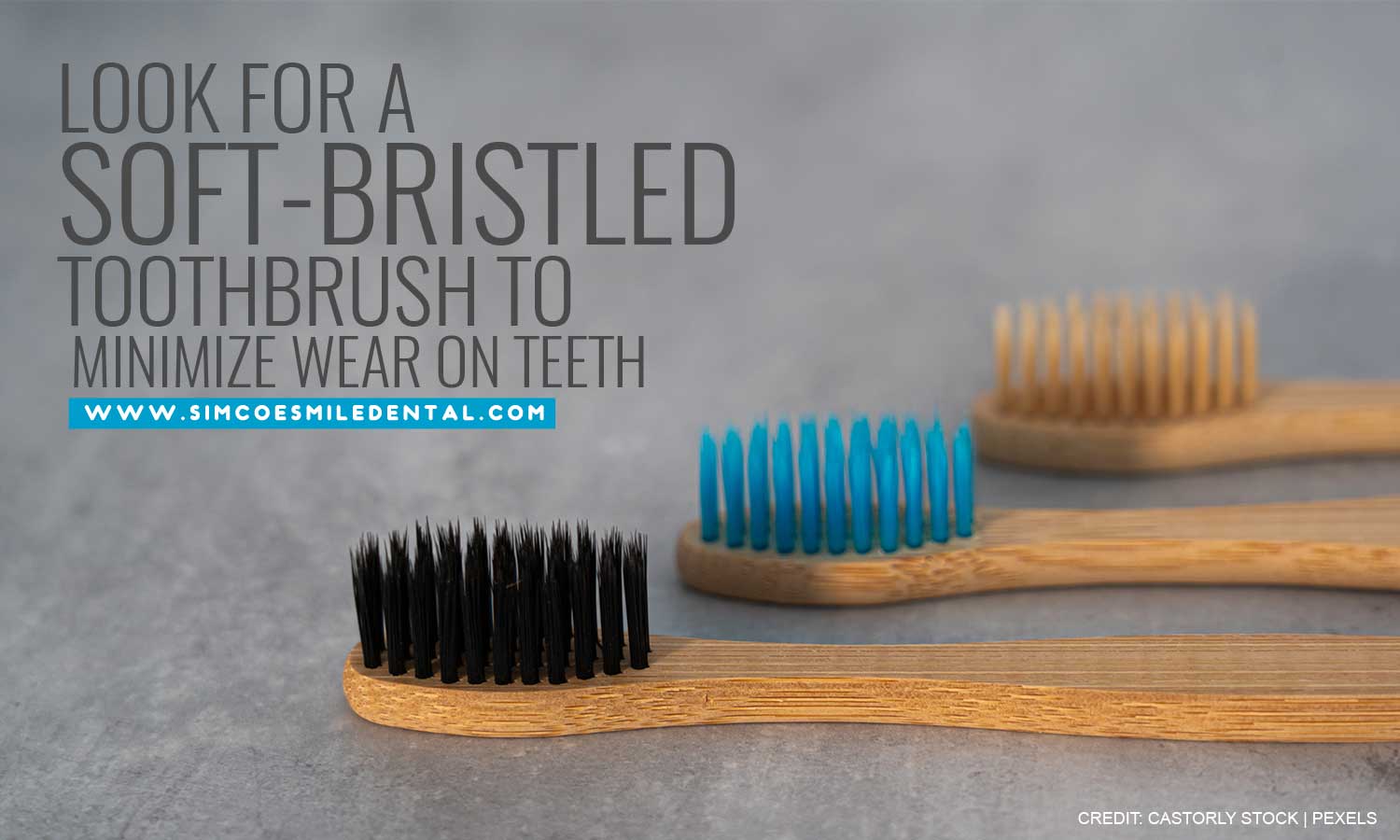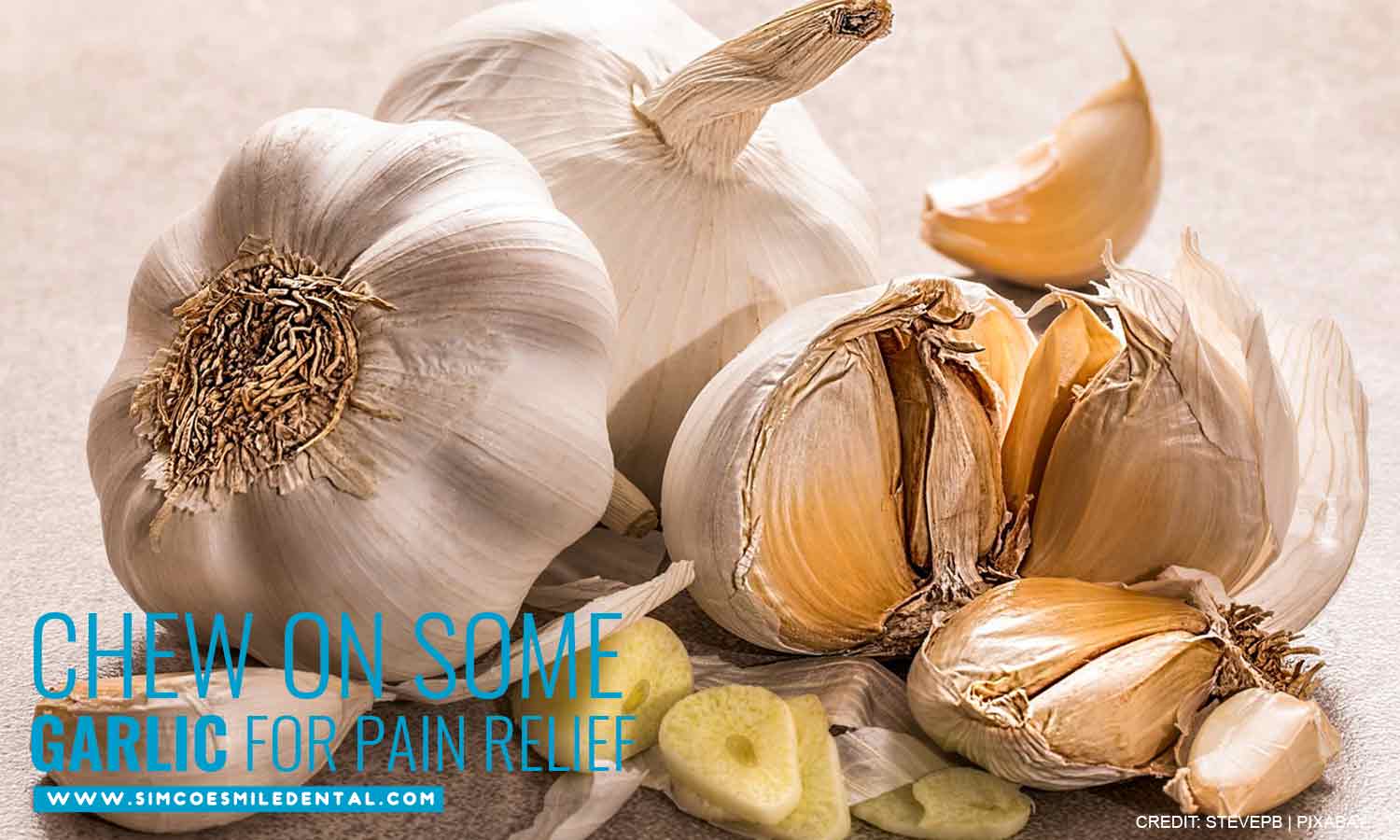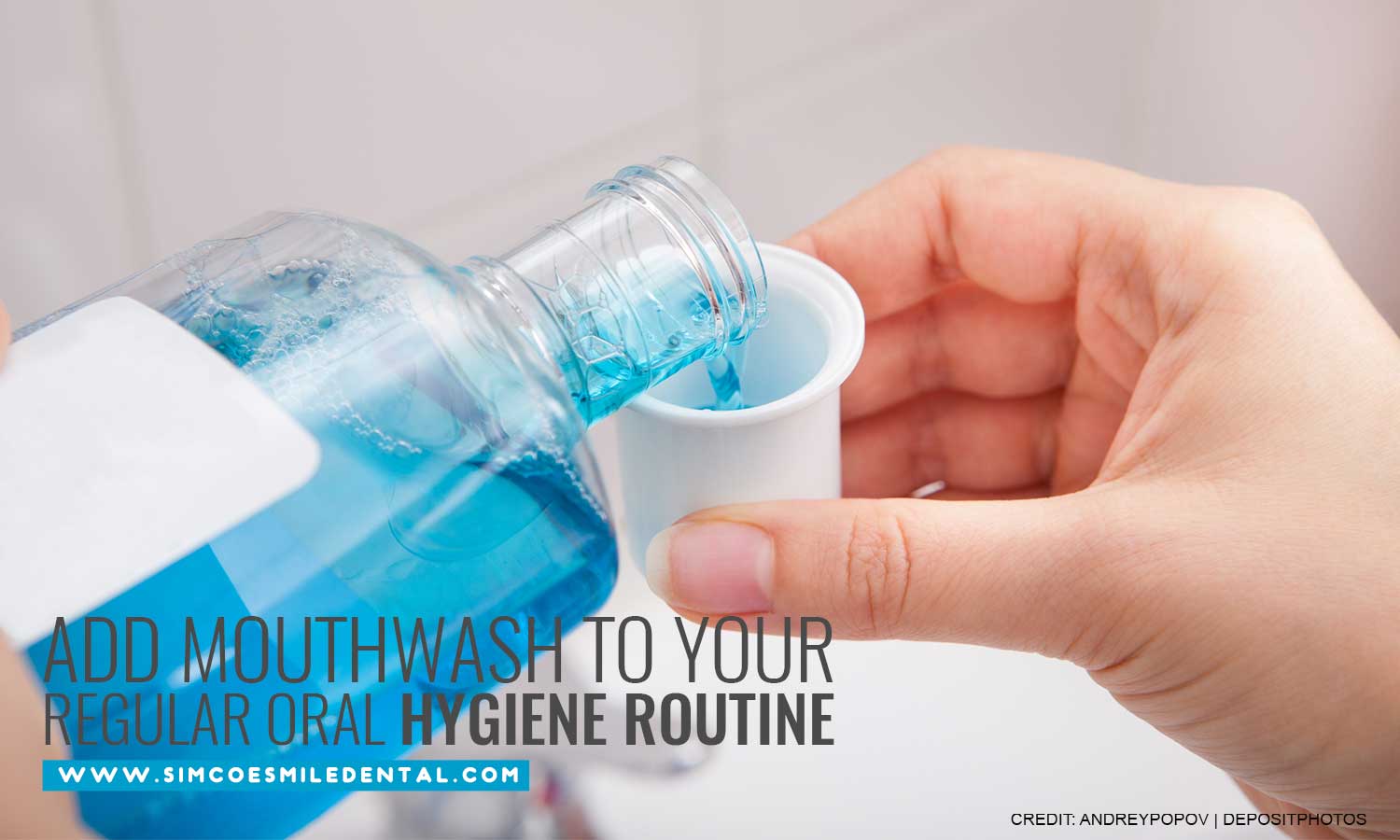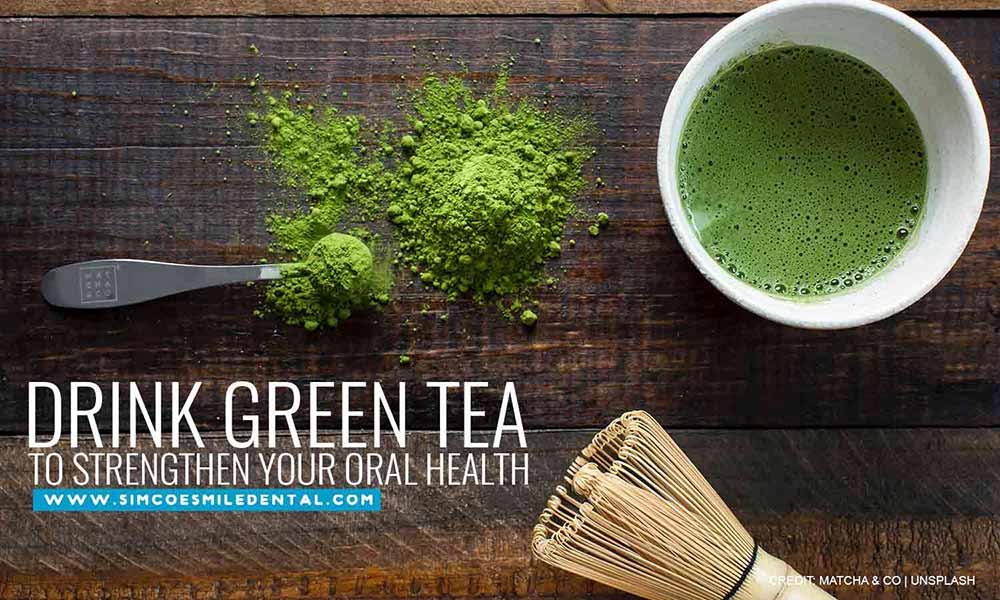Pain is your body’s way of telling you there’s a problem. Sensitive teeth can often make eating and drinking painful, particularly when eating hot or cold food. While what causes sensitive teeth varies from one individual to the next, common reasons include overbrushing, tooth decay, teeth grinding, and gum disease. In most cases, your best bet is visiting the dentist. However, if the pain isn’t that severe, home remedies may be enough to help you deal with it.
Here’s a list of solutions you can try yourself to help reduce teeth sensitivity:

- Switching your toothbrush When you switch your toothpaste, it also helps to change your toothbrush to go with it. Hard bristles can wear away at enamel over time, creating micro holes in the teeth that add to the pain. Brushing too hard or too often are other factors that can affect teeth sensitivity. Over time, the wear can lead to further health complications.Prevent pain by shopping for a soft-bristled toothbrush. While looking for the right toothbrush, you can also adjust how you brush to minimize wearing down your teeth. Brush more gently and stick to side-to-side and top-to-bottom motions to ensure even brushing all over the teeth.
Rinsing with saltwater
A saltwater rinse is a common home cure for sensitive teeth and other oral health issues like sore gums and a sore throat. Add a teaspoon of salt to a glass of warm water and mix well. Gargle the solution for 30 seconds, then spit it out. Do this twice a day for maximum effect.Salt has antiseptic and anti-inflammatory properties, making it a good choice for killing germs and relieving pain and swelling. Gargling with salt also adjusts the pH levels in your mouth to make the environment more hostile to bacteria. Rinsing your mouth with salt regularly can prevent oral infection and keep your teeth clean.
Chew on some garlic for pain relief
- Chewing garlic Like salt, garlic also contains beneficial antibacterial compounds that help relieve pain. In particular, a substance called allicin is responsible for garlic’s properties as a natural anesthetic and antibacterial agent. Garlic is also a good option for killing germs and preventing oral infection.
Adding more garlic to your diet is an excellent excuse to try out new garlic recipes while you’re looking out for your health. You can also make garlic paste by mixing a clove of garlic, half a teaspoon of salt, and a glass of water. Apply the paste directly to the affected area and leave it for a few minutes. Repeat twice a day for as long as necessary.
- Using special toothpaste There are plenty of products available that can help relieve tooth sensitivity. Fluoride-based toothpaste is one of the best kinds of toothpaste for sensitive teeth, specifically one containing potassium nitrate. Potassium nitrate helps soothe the nerve endings, relieving pain. The fluoride in these types of toothpaste are also great for sensitive teeth since it helps strengthen the enamel. This reduces the risk of exposing nerves to food and air, making it a quick toothache remedy.
For optimal results, consult your dentist to find the most effective fluoride toothpaste for your teeth.
Add mouthwash to your regular oral hygiene routine
- Using mouthwash Your dentist may have advised you to add mouthwash to your regular cleaning routine. Like flossing, using mouthwash is a great way to take brushing to the next level for improved oral health. Fluoride mouthwashes, in particular, are an effective home remedy for sensitive teeth and toothaches. Mouthwashes that also contain hydrogen peroxide have antibacterial properties as well, giving you extra protection from infection.
To use the mouthwash properly, mix equal parts of water and mouthwash and gargle the mixture for 2 minutes. Spit and rinse with water carefully when you’re done; remove any remaining mouthwash afterward. Do this twice a day to maximize your results and keep your mouth cleaner than ever.
- Wearing a mouthguard Teeth grinding is a common cause of tooth sensitivity. In many cases, teeth grinding occurs without you being aware of it, especially at night while you’re sleeping.
Consult your dentist if you’ve found yourself grinding your teeth. Your dentist can take moulds of your teeth to make a customized mouthguard you can wear while sleeping. The mouthguard can keep you from damaging your teeth whenever you grind them. Stress and anxiety are often behind many cases of teeth grinding. Look into different techniques like regular meditation for more healthy methods of dealing with day-to-day anxieties.
Drink green tea to strengthen your oral health
- Drinking green tea Green tea has plenty of health benefits, anti-inflammatory and antioxidant properties among them. For sensitive teeth, it works as a natural mouthwash.
Drink twice a day and swish the tea in your mouth before swallowing. The tea contains an extract called EGCG that fights off bacteria, resists plaque buildup, and reduces tooth erosion. These symptoms all contribute to tooth sensitivity. While regular tea-drinking may not be the cure for sensitive teeth, it can certainly alleviate symptoms.
- Trying oil pulling Oil pulling treatments can work as effective measures to stop pain caused by sensitive teeth. Many natural oils have antibacterial and anti-inflammatory properties that can improve your overall oral health.
Pour a tablespoon of oil (like coconut, clove, and sesame oils are good choices) and apply it to the tooth, or swish it around in your mouth. Spit it out after 20 seconds and rinse your mouth with warm water. Make a habit of rinsing your mouth every day, preferably in the morning, while getting ready for your day. One advantage of these natural remedies is that there are no harsh chemicals that can affect your mouth or leave unpleasant tastes after treatment.
Stay away from acidic food like coffee
- Avoiding acid-rich foods Certain foods are known to be difficult to eat when you have sensitive teeth, ice cream and other cold foods being particular offenders. However, it helps to watch what you eat to avoid aggravating your teeth. Acidic foods like coffee, citrus fruits, candy, and soda can make the pain flare-up. Many of these foods also contain plenty of sugar, which can also encourage bacterial growth and lead to other health complications. Limit your intake of these foods to avoid tooth discomfort when eating.
Another thing to remember is to wait at least 30 minutes after eating these foods before brushing. Brushing too soon after eating tends to spread acids and sugar, making it easy for tooth decay to set in. Give your mouth some time to break down food particles before brushing your teeth.
Regular appointments with your dentist are just as important as regular meetings with your doctor. Poor oral health impacts overall health, and regular dental visits can help you look after your general well-being. Take advantage of dentist visits to get good hygiene advice, determine existing issues, and prevent health complications in the future.
When you need reliable dentists in Oshawa to help you take good care of your smile, call Simcoe Smile Dental. We offer a wide range of services and personalized care to give your smile what it needs to shine. Give us a call now at (289) 312-1482 for the quality dental care.

 Chew on some garlic for pain relief
Chew on some garlic for pain relief Add mouthwash to your regular oral hygiene routine
Add mouthwash to your regular oral hygiene routine Drink green tea to strengthen your oral health
Drink green tea to strengthen your oral health Stay away from acidic food like coffee
Stay away from acidic food like coffee